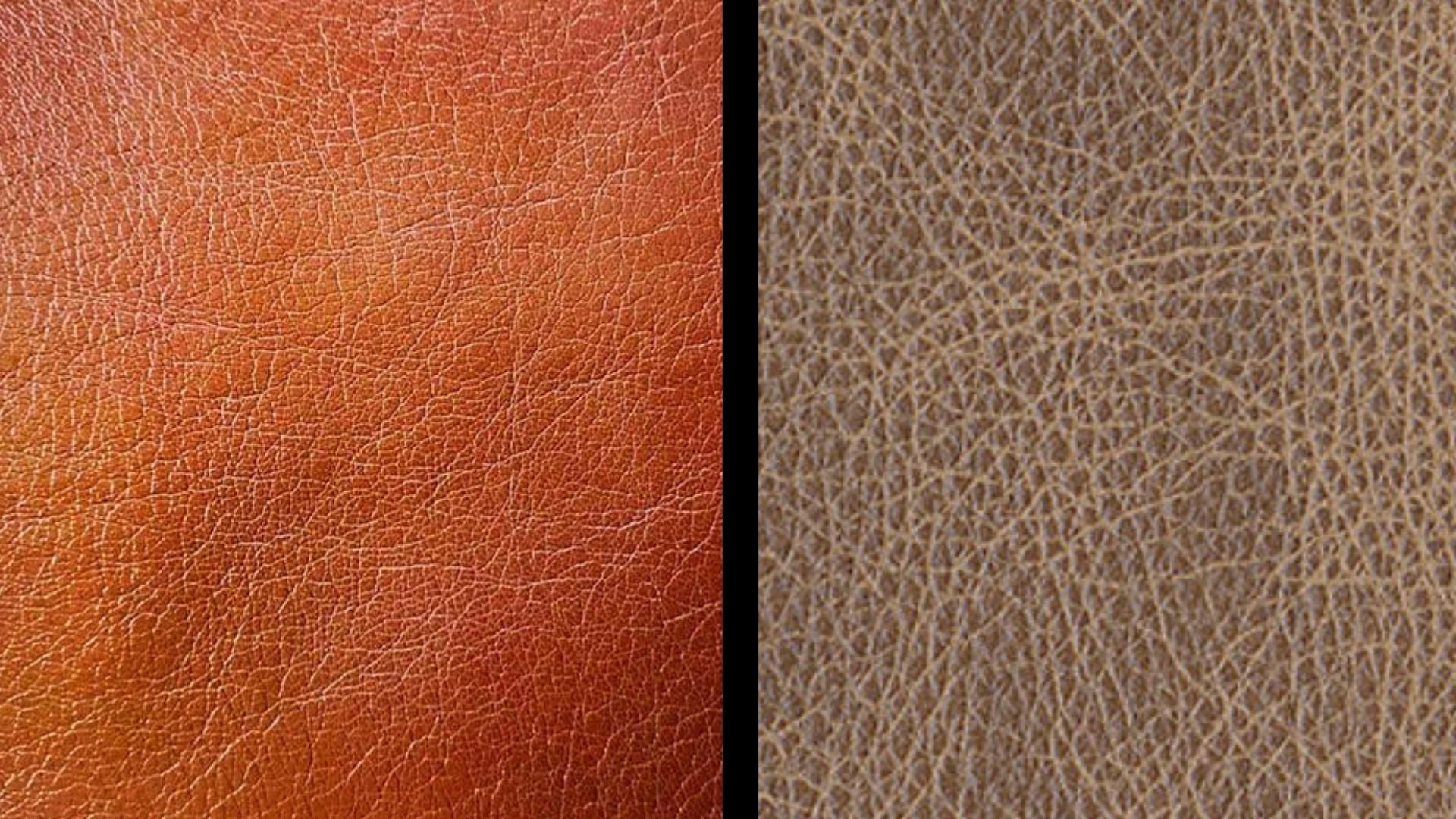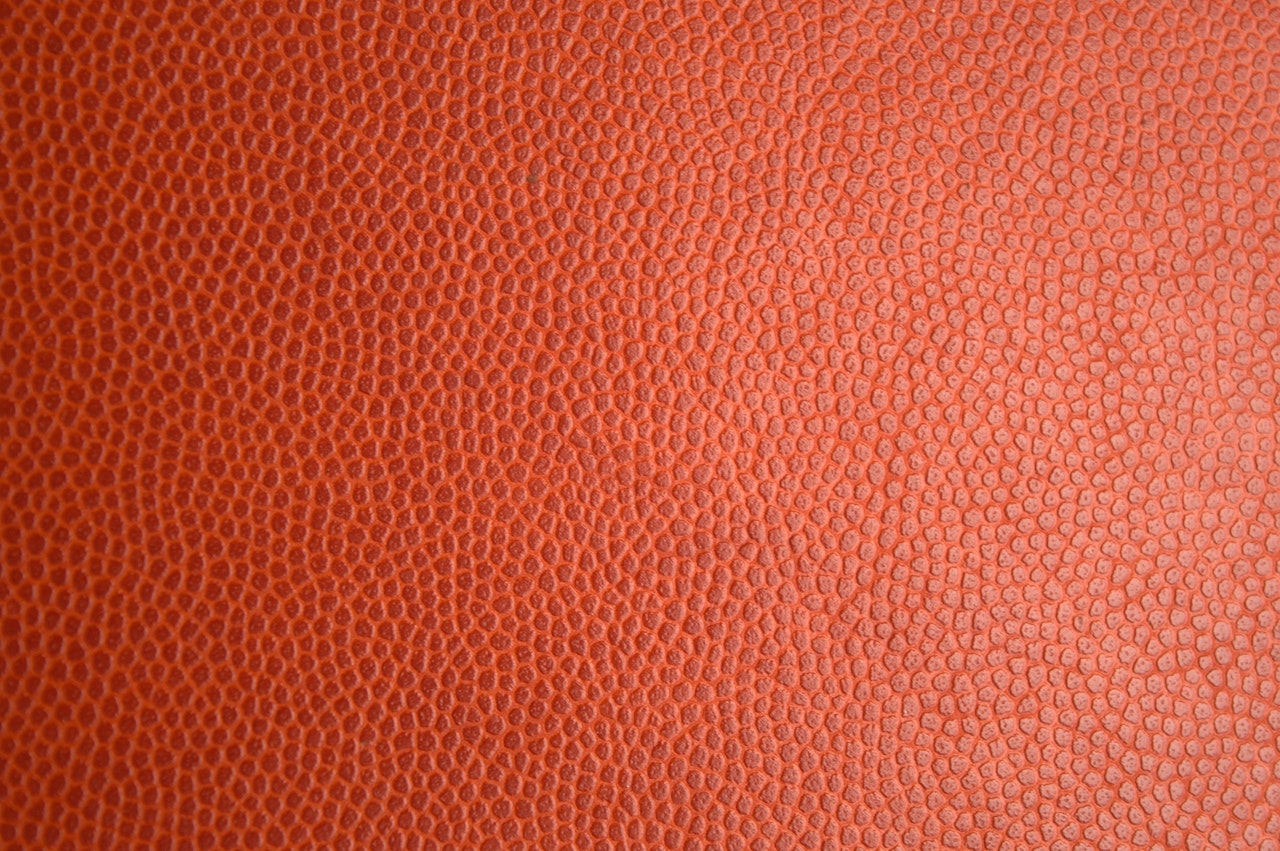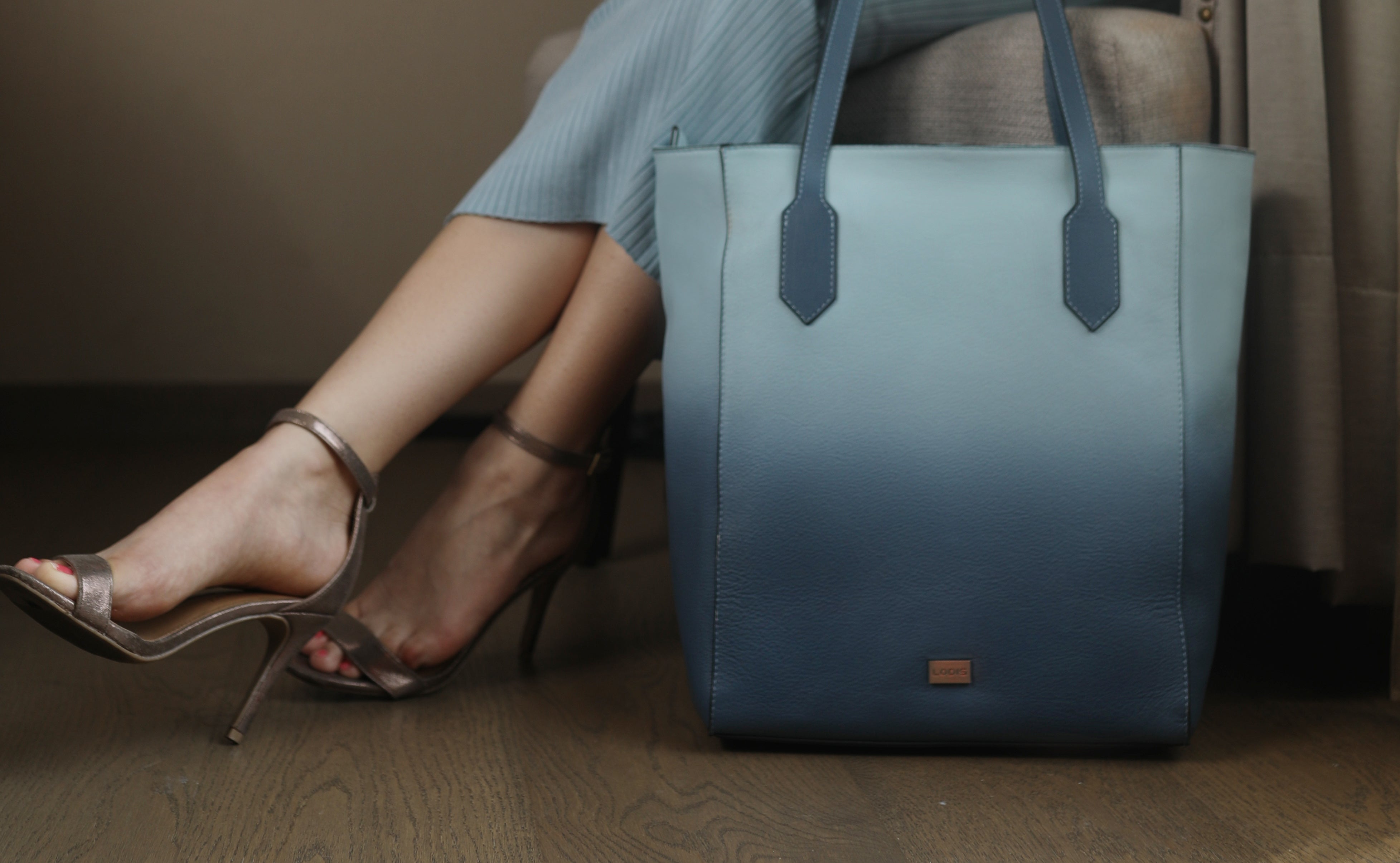
Vegan Leather Vs Real Leather: What's Your Fit?
With corporate accountability trending again, we as consumers need to keep a close eye on our choices as informed individuals of the market. While buying or investing in leather goods, the choice can at times stand between genuine leather goods and vegan (or faux) leather. The theory of subjectivity and the relative nature of consumerism does mark the stark difference in how these base materials are perceived by different consumer dynamics.
Sidebar: Discussing Terminology
The term Vegan was coined to describe any product/lifestyle that adheres to the non usage of animal products. This too, is a spectrum, with consumers identifying in different ways in relation to the same ideology. Hence, when we say 'Vegan Leather', we are referring to leather and it's components not being made of or being the byproducts of the animal industry. But in relation to time and the discovery of 'vegan leather', this type of pu or pvc leather was present in the market much before the word vegan became marketable.
The semantic change of the word 'vegan leather' from when it was coined and marketed all the way to now -where even though technically being right, it is debunked as being misleading. It is an interesting journey to track. This can be attributed to the fact that the vegan movement is essentially a pro-environment movement and propagating petroleum byproducts (which is what faux leather is made from) is not very....environmental friendly.

Sourcing Real Leather and Vegan Leather
Real or genuine leather is sourced from the hides of animals: these can be cattle, sheep, goats, equine animals, buffalo, pigs and hogs. The leather industry justifies the sourcing of the hides of these animals as being a form of waste management. Although there are a lot of ethical arguments about it (Read: Can Leather be Ethical?), objectively you may consider 90% of hide of leather making as being the waste material of the worldwide meat industry.
Vegan leather, on the other hand, is completely synthetic made. It is made from a split leather backing coated with polyurethane or poly vinyl chloride (Read: What is Faux Leather?). The question of sourcing is a bit misplaced for this type of leather, because the intent of its manufacturing is to provide the base material for vegan leather products.
The Environmental Impact of Real Leather vs Vegan Leather
Real Leather
The question of whether real leather is sustainable can be taken as redundant or self contradictory. But in recent years, in lieu of leather alternatives and their greenwashing: the market circumstances have shone a kinder light on the age old, classic material. Even though leather is a direct animal product and can be written off as anti-environment: there are nuances to it. Nuances widely discussed but still worth mentioning.
If leather, sourced from the waste material of the meat industry (, is then processed and tanned in a conscionable manner it can actually be better than its alternatives (especially pleather). Real leather is biodegradable. It is made from natural materials. When it ends up in the landfills, it will not be toxic, unlike PVC which has received a lot flack for toxic leakage post disposal. In the former, most of the landfill pollution comes from the chemical components used in the leather tanning process. Vegetable-tanned leather is much more favourable in terms of how well it can be disposed off after the end of its lifecycle. On the other side of the coin, the water and energy consumption for leather production is very high, making it unsustainable in other ways. As sustainability is more than just greenness of a product, there are leather working groups ensuring fair trade and labour practises in the industry. There is no one answer to it (Read: What is Sustainable Fashion in 2022?), but a constant dialogue and a back and forth of opposing ideas.
Vegan Leather
Although advertised and marketed as 'Vegan', plastic leather is actually pretty bad for the environment. As discussed, vegan leather is made from either PU or PVC. PVC is toxic, and can release harmful gases if burnt for waste management. PU is a byproduct of the petroleum industry and hence by default pretty bad for the environment. The durability of synthetic leather products is also much lower than real leather - this can be an issue for ensuring a circular lifecycle for an item. The fake leather industry has gained a reputation for greenwashing, and still providing subpar quality than the real thing.
Factors to Consider When Choosing
1. What are you planning to use it for?
Articulating the reason for buying a leather commodity may clear up your choices for you. If you are looking to invest in leather as a status symbol, look no further than real leather. It will last you very long, and it is also durable. The maintenance of leather commodities is a small price to pay for something that ages like fine wine.
2. What is your budget?
If you are looking at a lower budget option, vegan leather might be your pick. Real leather, although very durable, is and can be very expensive. However, luxury should not be on such high shelves that it is comically unapproachable. Lodis 1965 handbags and accessories are affordable and real leather.
3. Personal Values
As catering to different consumers, brands have to be on the lookout for the personal values of the respective dynamics. This is why, even though the pros and cons of real and vegan leather are well known and just a click away from you: your personal values attached to the act of purchasing are actually bigger stakes for the brands on the other side of the table (more than you'd think). These personal values are subjective and outside of judgment. If vegan leather fits best in your capability, choice and conscience: that is your prerogative. The same is true for genuine leather as well.
Our collection of leather handbags and accessories are great for all of the above (if we ourselves may say so).











